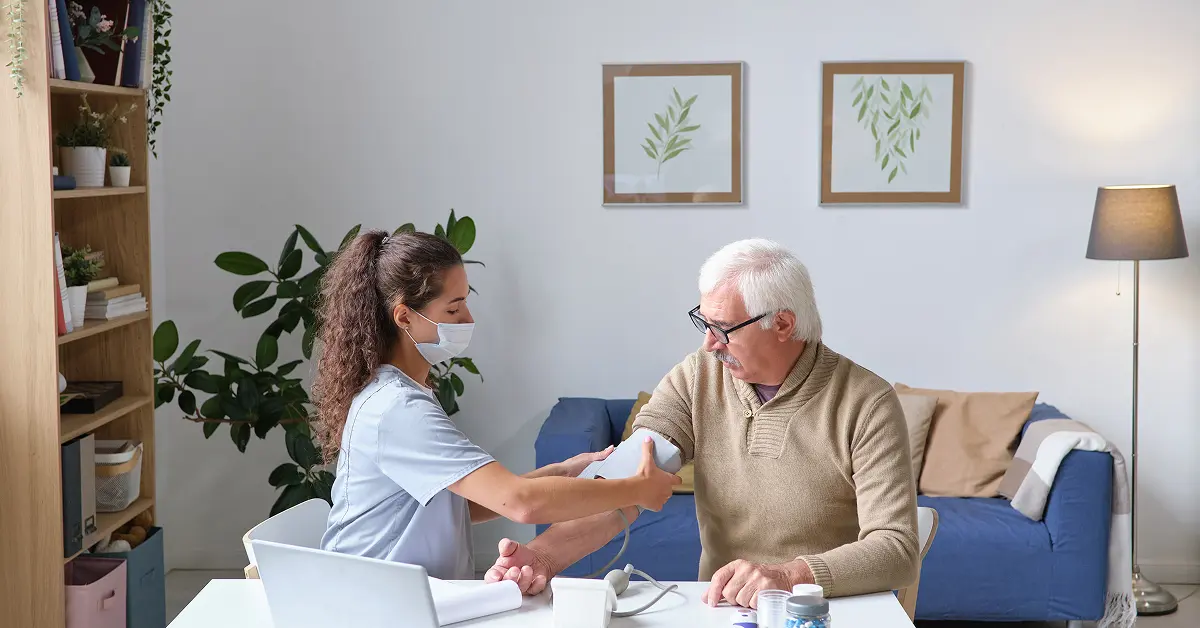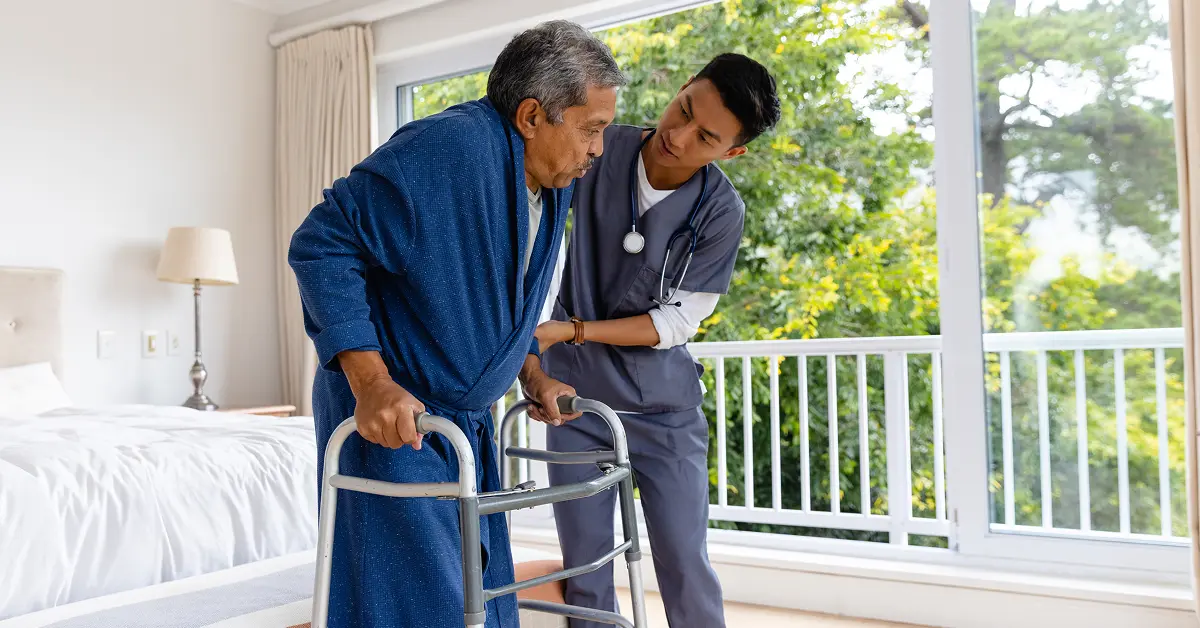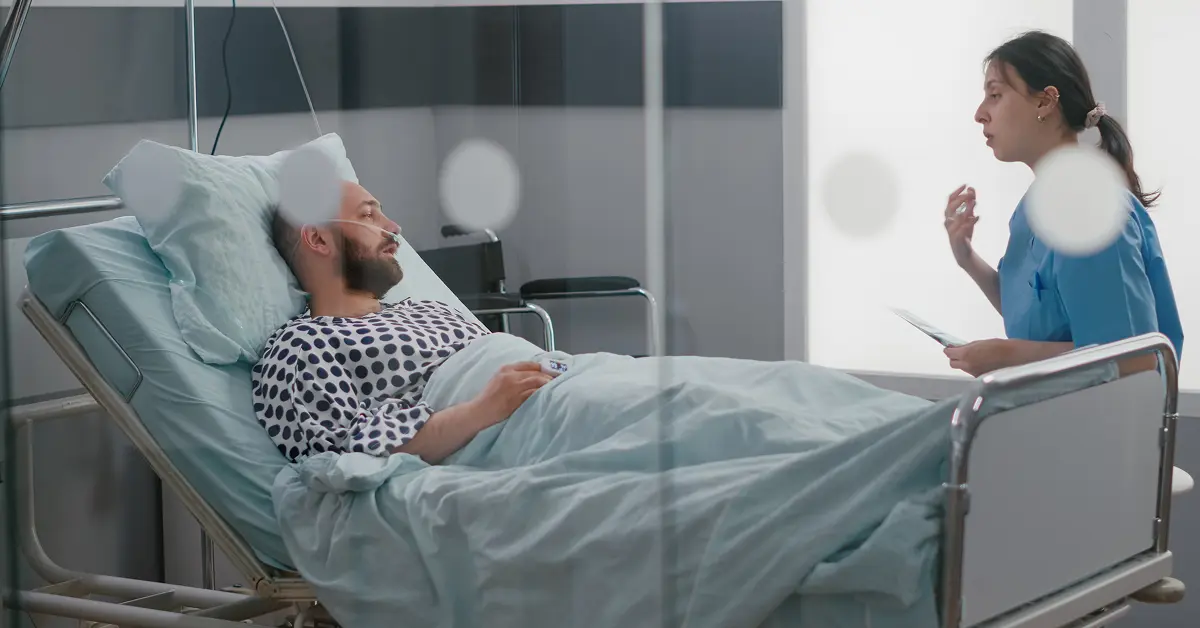When a loved one is discharged from the hospital, it marks the beginning of a crucial phase—recovery at home. While hospitals provide critical care, real healing often happens in the familiar and comforting environment of one’s home. However, this transition isn’t always easy. It requires planning, support, and a structured approach to ensure the patient regains health without setbacks.
In India, where family plays a central role in caregiving, having a home care checklist can be a lifesaver. Whether you're bringing back an elderly parent, a post-surgery patient, or someone recovering from illness, this guide will walk you through every essential step to provide the best care after Hospital Discharge
Understand the Discharge Summary
The first and most important step is to thoroughly understand the discharge summary provided by the hospital. This document outlines:
- Diagnosis and treatment received
- Ongoing medication and dosage
- Dietary restrictions
- Follow-up appointments
- Warning signs to look out for
- Necessary medical equipment
Don’t hesitate to ask the doctor or nurse for clarification. In India, many hospitals now offer discharge counselling—ensure you attend it and take notes.
Prepare the Home Environment
Transforming your home into a healing space is crucial. Consider the patient’s mobility and comfort. Here’s what to arrange:
- Clean and declutter the recovery room to avoid accidents
- Use an adjustable hospital bed if recommended
- Ensure anti-skid mats in bathrooms
- Arrange for proper lighting and night lamps
- Keep emergency contacts and numbers clearly visible
If you're dealing with an elderly patient, consider installing grab bars, wheelchairs, or walkers to support mobility.
Arrange Professional Care if Needed
Not every family can handle post-discharge care alone. In cities like Mumbai, Delhi, Bengaluru, and Chennai, there are several home healthcare providers offering trained nurses, physiotherapists, and attendants.
Some common services include:
- Post-operative nursing care
- Wound care and dressing
- Medication management
- Physiotherapy sessions
- Elderly care and companionship
Hiring a trained caregiver can help reduce the physical and emotional burden on family members while ensuring professional support.
Manage Medications Correctly
Post-discharge patients often have multiple medications, some with complex dosages. Medication errors can delay recovery or even cause harm.
Tips for managing medicines at home:
- Create a daily medication chart
- Use a pill organizer for easy access
- Set reminders on phones for doses
- Refill prescriptions in advance to avoid running out
- Monitor for any side effects or allergies
Always consult the doctor before making any changes in dosage or skipping a medicine.
Plan Nutrition and Hydration
Diet plays a crucial role in recovery. Based on the discharge instructions, plan a nutritious and balanced diet. In India, local food options can be both healing and comforting.
Suggestions:
- Soft khichdi, dalia, or curd rice for digestive ease
- Boiled vegetables and soups for nourishment
- Ensure adequate protein through dals, paneer, eggs, or supplements
- Stay hydrated with coconut water, ORS, and warm fluids
- Avoid spicy, oily, or street food
If required, consult a dietician for a customized meal plan based on the patient's health condition.
Monitor Vital Signs Regularly
Depending on the illness, you may need to track vital parameters at home. Invest in basic medical equipment like:
- Digital thermometer
- Blood pressure monitor
- Blood sugar machine (glucometer)
- Pulse oximeter
- Weighing scale
Keep a daily log and report any abnormal readings to the doctor immediately.
Arrange for Follow-Up Care
After discharge, regular follow-up visits are vital to ensure the treatment is working. Don’t miss appointments. You can either:
- Visit the hospital/clinic in person
- Use teleconsultation platforms available across India like Practo, Apollo 24/7, etc.
- Ask for home visit consultations if the patient cannot travel
Keep all medical documents organized for easy reference during these appointments.
Support Mental and Emotional Health
Recovery is not just physical—it’s also emotional. Post-hospitalisation, many patients experience mood swings, anxiety, or even depression, especially after surgeries or long illnesses.
Support them by:
- Being patient and empathetic
- Encouraging light activity and hobbies
- Inviting friends or family for short visits
- Offering positive reinforcement
- Engaging in spiritual or religious practices, if they find comfort in it
For serious cases, consider talking to a psychologist or counsellor. Many online therapy options are now available in India.
Educate the Family Members
Everyone involved in care should be aware of their responsibilities. Share the care plan with family members and ensure clear communication. You can also divide tasks:
- One person handles medications
- Another oversees meals
- Someone arranges doctor visits
- Others manage finances and reports
A coordinated family effort can make recovery smooth and less stressful.
Be Alert to Warning Signs
Lastly, stay alert for any complications or red flags. These may include:
- Sudden fever or chills
- Severe pain or swelling
- Bleeding from wounds
- Difficulty in breathing
- Unusual drowsiness or confusion
- Decreased appetite or urine output
Contact the doctor or rush to the nearest hospital in case of any emergency.
Final Thoughts
Bringing a patient home after hospital discharge is a hopeful but sensitive phase. With proper planning, awareness, and support, home can become a healing haven. Whether you are in a metro city or a small town in India, use this checklist to stay organised and focused on what matters most—your loved one’s recovery.
Remember, caregiving is a journey, and you are not alone. Reach out to professionals when needed and ensure the patient receives both compassion and competence every step of the way.
If you're looking for professional home care services in India, many providers offer customizable care packages tailored to post-hospitalisation needs. Don’t hesitate to seek help—after all, timely and well-managed home care can make all the difference in healing.
Contents
- Understand the Discharge Summary
- Prepare the Home Environment
- Arrange Professional Care if Needed
- Manage Medications Correctly
- Plan Nutrition and Hydration
- Monitor Vital Signs Regularly
- Arrange for Follow-Up Care
- Support Mental and Emotional Health
- Educate the Family Members
- Be Alert to Warning Signs
- Final Thoughts
Our 24*7 services
Latest Posts
- What Is Respite Care and Why Is It Important
- Affordable home care for senior citizens in India
- Caring for Seniors with Dementia or Alzheimer's at Home
- Senior Caregiving A Guide for Every Family
- How to Write a Caregiver Resume That Gets You Hired
- How Care After Hospital Discharge Speeds Up Recovery at Home
- How to Get Home Health Care for Seniors Through Medicare
- What Does a Senior Citizen Caregiver Really Do at Home
- How to Care for Elderly Parents with Alzheimer’s or Dementia
- How to Get 24-Hour Care for Seniors at Home



